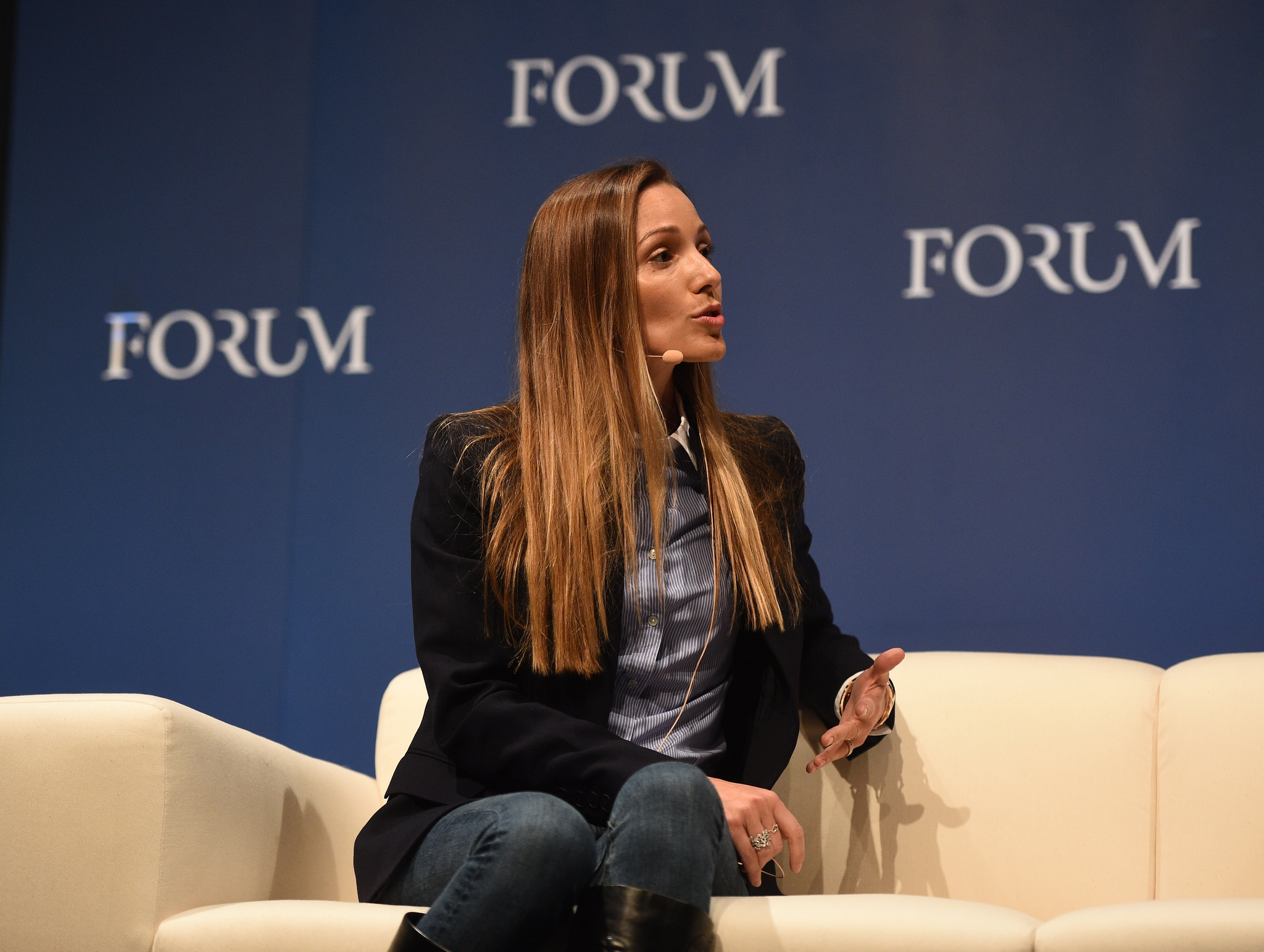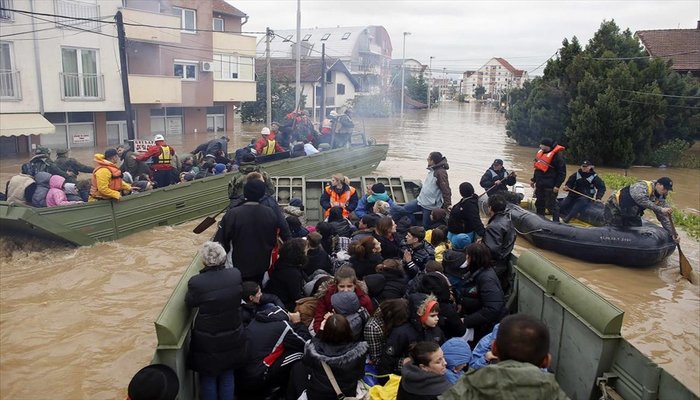I was invited to speak at the Web Summit as the CEO and co-founder of the Novak Djokovic Foundation. As this was a technology conference, my role was to share how we use technology in our organization to help us advance our cause.
Web Summit is considered to be “the largest technology conference in the world” according to Forbes. It is held in Lisbon, Portugal and it brings together over 70 000 people from more than 170 countries. Speakers at the conference are the leaders who dictate the speed of change in their respective industries. They are CEOs, founders, policymakers, heads of state, sports stars and entertainment icons, investors and executives. It is the place where you meet people, challenge your thinking, learn different perspectives, present your ideas and vision, improve your products or services and on top of it, have fun!
In the world of digital, being able to connect with people in person is still the most beautiful aspect of being part of any conference experience. Prices are quite different and if your company has a budget for these types of incentives for their employees, I would highly recommend you chose Lisbon as your place to go. Not only you get “Creme de la creme” from the world of technology, but you also get to spend a few days in a really beautiful city with wonderful people and culture.
My experience

Jelena Djokovic speaking on Web Summit Lisbon 2018 on the topic of Philanthropy
I was invited to speak at the conference as a CEO and co-founder of the Novak Djokovic Foundation. As this was a technology conference, my role was to share how we use technology in our organization to help us advance our cause. We had some great moments where social media amplified our message and helped us raise more funds so we can increase our impact.
I enjoyed very much hearing about personal experiences from Cynthia Johnson and Princess Beatrice who were together with me on a stage for the panel ” How technology impacted philanthropy and branding”.
What I really loved about this conference is that it really made sure we can connect in a meaningful way with all the audience, and some of them also joined me for an intimate roundtable talk. It was meant to be 15 of us, but the interest was bigger and we decided to have more people at our table which brought a lot of variety. The purpose was to share our personal experiences and observations on helping others.
If any of you who were at the roundtable want to connect and share more – here is a great place!
The great example from the Novak Djokovic Foundation on the power of Social Media

Floods in Serbia 2014
In May 2014, the unforeseen floods hit Serbia and destroyed overnight many schools, homes, fields, and crops. Our people and Government ran out of resources and were desperate for help. They were trying to get help from wealthier neighboring countries and the European Union, but the help wasn’t coming and the damage was growing every hour.
My husband, Novak, was in Rome at the time, playing at the Internazionali BNL D’Italia Masters series tournament and he used an opportunity on one of his post-match press conferences to raise the awareness of this situation. Foreign media picked up the alert and started writing about it (BBC, Guardian, CBC).
Just two days later, when he won the tournament, he donated all of his tournament earnings to the emergency flood account that we opened at the Novak Djokovic Foundation with a goal to rebuild damaged schools and parks for children. His earnings were a little bit over $500.000 but the week after, we had to freeze the account and refuse donations from wonderful and generous people because it exceeded $1.5million.
We didn’t have the capacity within the foundation’s team to take on the whole rebuilding process of the damaged areas and we were directing people towards other charities and towards the Government, too. However, the replies we were getting were:
We trust you.
Trust

The most important word in philanthropy is trust. If you don’t have people’s trust, if you don’t keep it as your highest priority – you will run out of funds one way or another. There is no substitute for it.
The social media and the technology revolution have given us the chance to work together with people. Hear them out, show them what we do with more transparency and more detail because now we have space for it. Earlier on, traditional media didn’t give us enough visibility.
You couldn’t measure the impact of your message because all of the metrics were just estimates. It is a fact that there aren’t many charities that can afford biddings for the prime TV time. And not many charities have access to celebrities that would give them visibility on more popular (and visible) channels of communication.
Social media is real. It has given us the opportunity to get real-time feedback. It brings out transparency and amplifies authenticity.
We can get closer to our followers, we can read their comments, reactions, understand what they care about, what they need, show them what we’ve done, give them transparent insight into our financial reports. We are not alone anymore.
The conversation is two dimensional, and let me tell you – it feels good to hear from our donors!
If any of the topics above interest you, let’s make a roundtable discussion down below in the comments. I’d be happy to share my experience, views, and opinion on this and would love to hear yours too!

